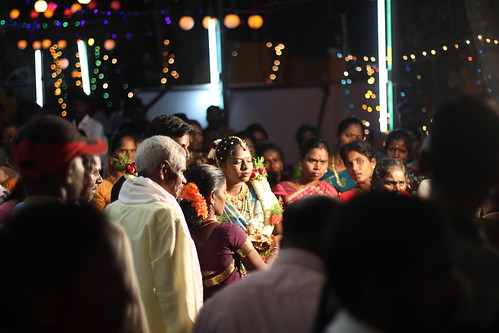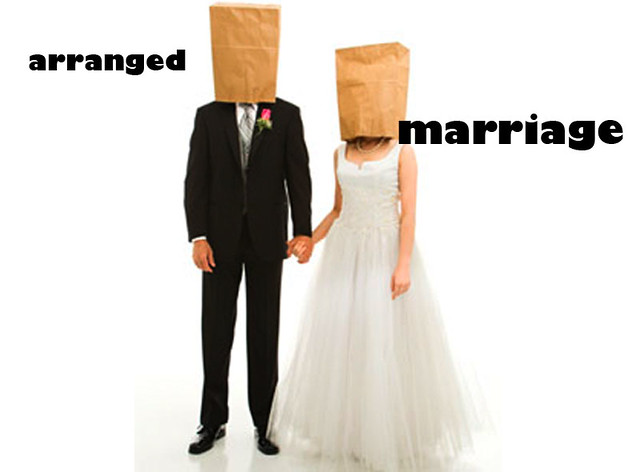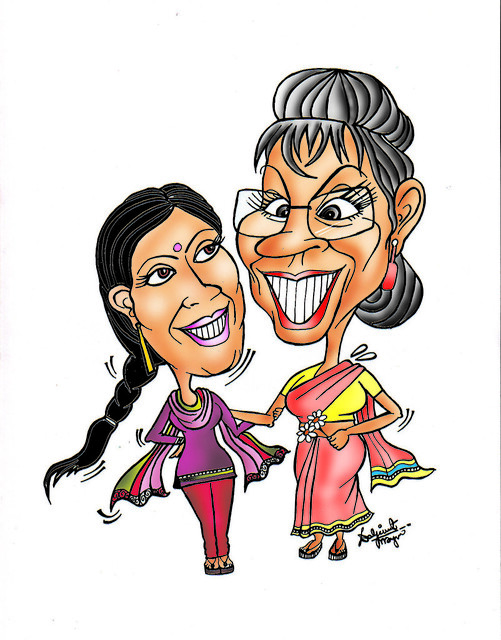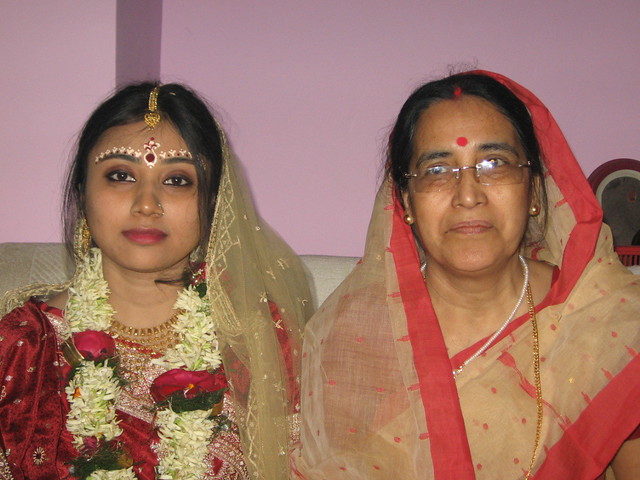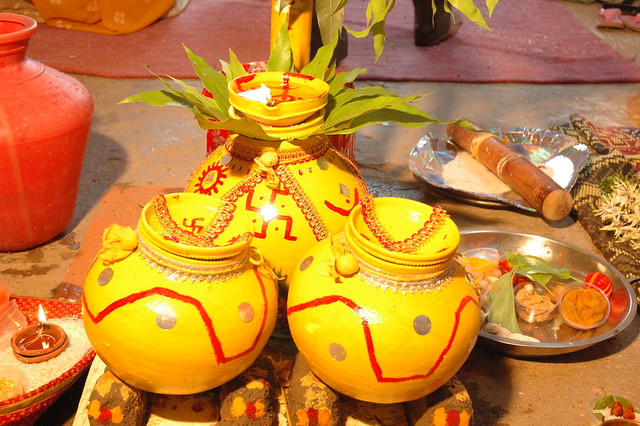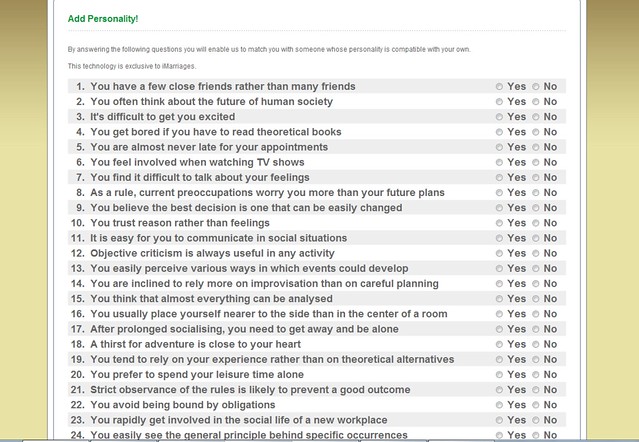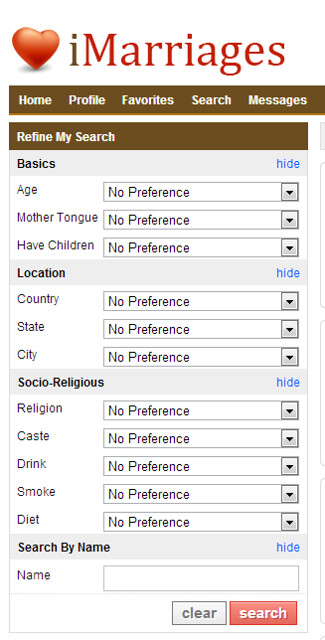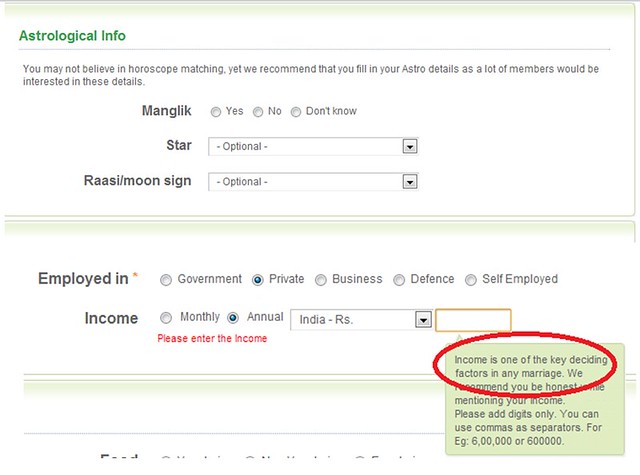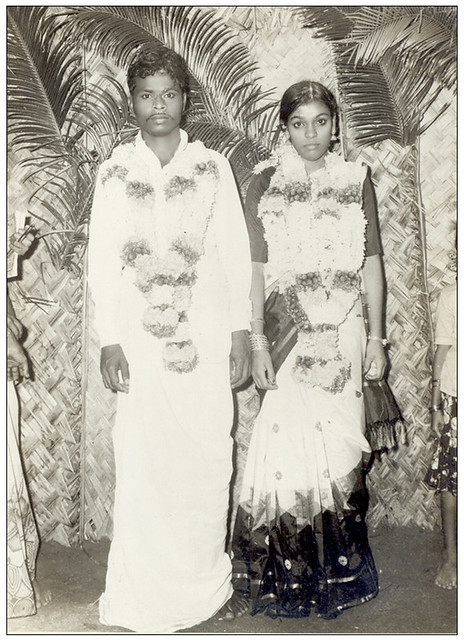Every Western man, regardless of nationality, heard stories about the beauty of the Slavs. Some people believe this is a myth, but some are convinced that this is true and aspire to marry Ukrainian woman. We are convinced that the truth is somewhere in the middle. A lot of socio-cultural and psychological research, as well as the emergence of the internet, which almost erased the boundaries between the Western and Eastern worlds, gave us the opportunity to study this topic and provide you with the most objective review of the differences between Slavs and Western women.
 Photo by Tom Merton
Photo by Tom Merton Features of the Mentality of Slavic Females
Respect for men
The main distinguishing feature of the character of the Slavs, which can be seen at a close acquaintance, is a special attitude towards a man, as an unofficial leader in all aspects of life. Even if the relationship between a man and a woman is purely friendly (or even businesslike), the Slavic women show a great respect for a man. Of course this is more of a characteristic of married couples. Historically, almost all Slavic peoples had a patriarchal social structure, where the opinion of the man was key. Today, such a clear division has long been absent, but respect for men has been preserved subconsciously.
Appearance
Reasonable people think that the folklore about the large proportion of beautiful women among the Slavic peoples is not objective. However, a great many of Slavic women indeed are exquisite and have an attractive figure. Therefore, the popularity of Russians, Ukrainians and Belarusians among Western men has a strong “external” foundation. It is also worth noting that the beauty of Slavic women is built on individuality. They rarely try to copy the style and appearance of famous actresses and models, as Europeans and Americans often do, but prefer to stand out among other women. Although not all men like this.
The family
The family is a sacred connection for Slavic women. They have retained the concept of “family hearth” in its original form and do not allow anyone from outside to influence this. For most Slavic women (especially the older generation) raising children is the main purpose of life. Slavic mothers bring up children in a spirit of respect and discipline. They teach children to work hard and respect the elders. Slavs rarely aspire to become a “friend” to their child, since parental care for a future member of society is more important to them. It’s therefore no surprise that most Russians and Ukrainians prefer to see their parents as parents, not friends.
Jealousy
Slavic women are very jealous. If a woman sees at least the slightest hint of encroachment on her man, she will do everything to quickly remove the competitor from the picture. And if her husband or boyfriend gives her reason to be jealous, then it is better for him to run for his life and not argue. Their fierce jealousy is really just the other side of the coin of their unquestioned commitment to their man.
A Brief of Differences between Slavic and Western Women
We will not consider the mentality of Western women in detail since you already know everything. Instead of this, we wrote a short brief of differences between Russian and American girls that will help clarify the picture:
 Photo by Alicia Woodward
Photo by Alicia Woodward - Slavic females are indifferent to the ideas of feminism. Many of them even condemn it, which cannot be said about Western women.
- Slavic women often prefer family, not career. A successful marriage and love are more important for them.
- Western women dress the way they want. Slavic girls try to follow a certain dress code, which is not always understood by Western men
- Slavic girls devote a considerable amount of time to their appearance. Western women are not so obsessed with this issue.
- Slavic women are very active and hardworking. This may sound paradoxical, but Slavic men cannot boast of this. Western women are often more laid back.
Have you ever considered dating someone from the other side of the world? What’s your experience of mingling with the Eastern European people if any? Do let us know in the comments. We’ll wait to hear from you. Bye!


